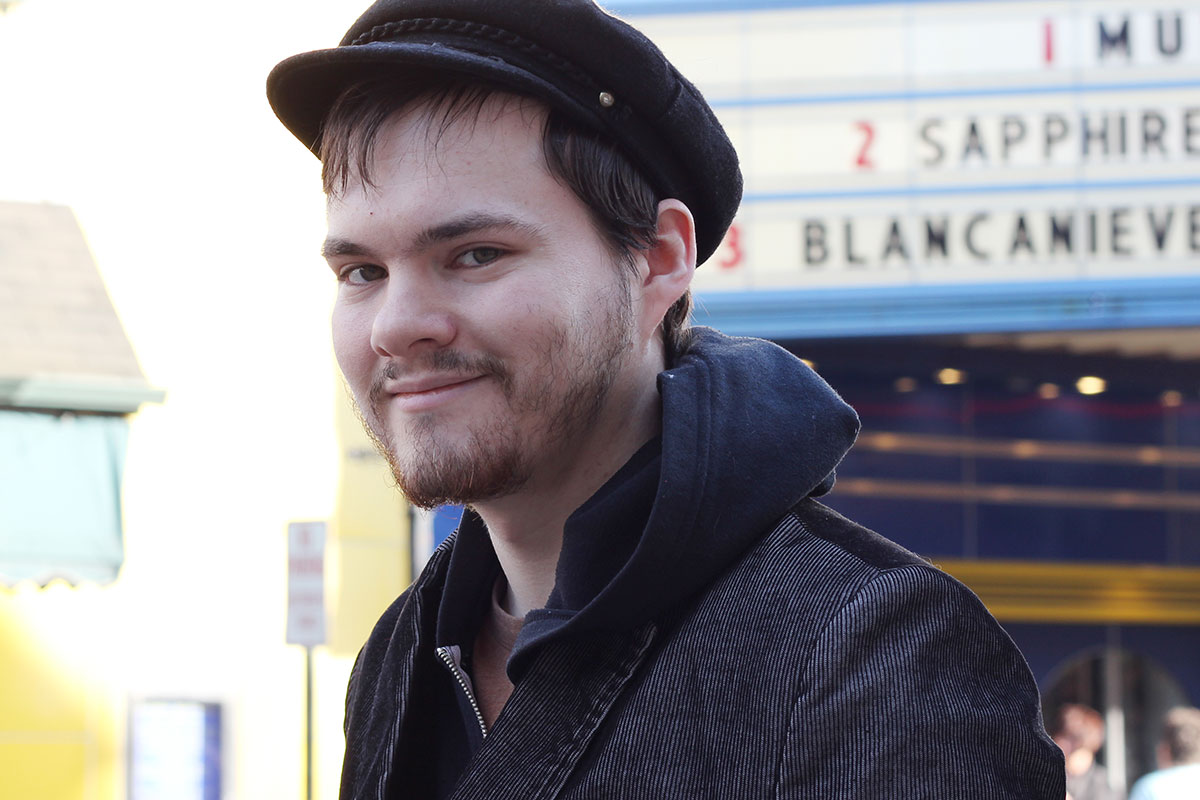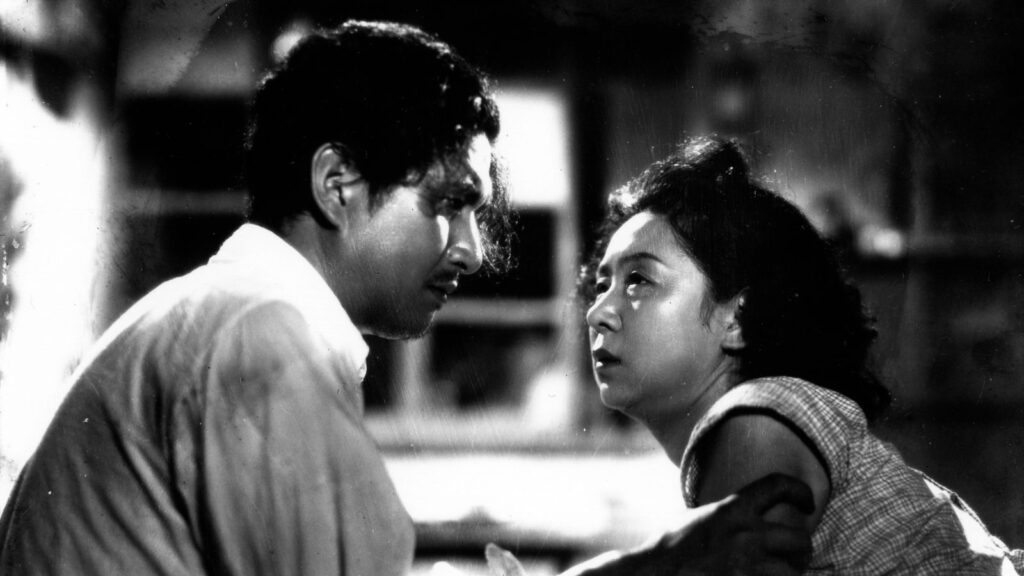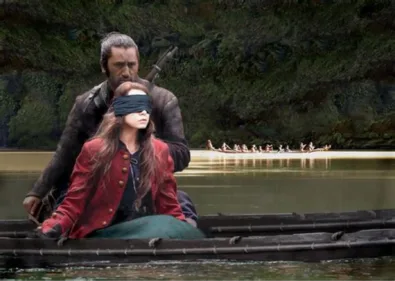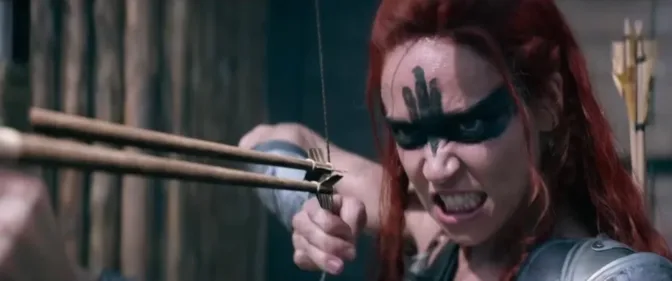This one comes with a care warning for scenes of domestic abuse for those who might not want to see such a thing displayed. I was taken aback by it myself, and in the editing, it just got more grueling. This may explain why a movie by Yasujirō Ozu, the most beloved of Japanese filmmakers from the first golden age of their cinema, has such a checkered reputation. It preceded “Late Spring,” the first of the true Ozu films that repeat scenarios and settings and in which the actors keep playing the same parts. Roger Ebert himself spoke beautifully about these late works.
“A Hen in the Wind” was an Ozu movie that I hadn’t even heard of before I sat down with my dear friends Ben and Kat Sachs and Jake Mulligan at the Harvard Film Archive, a theater I’ve been lucky enough to visit since I first arrived in Cambridge for school in 2008. Seeing Ozu on 35mm was a revelation. The misgivings and misconceptions I’d held about Ozu melted away, and a transcendent treatise on human life emerged. What a joy. But it wasn’t always easy viewing; case in point, the subject of this month’s Unloved, Ozu’s least favorite of his works. Be warned, it gets bracing. But as always with Ozu, getting a clearer picture of the man and his movies is worth it.
To watch more of Scout Tafoya’s video essays from his series The Unloved, click here.












